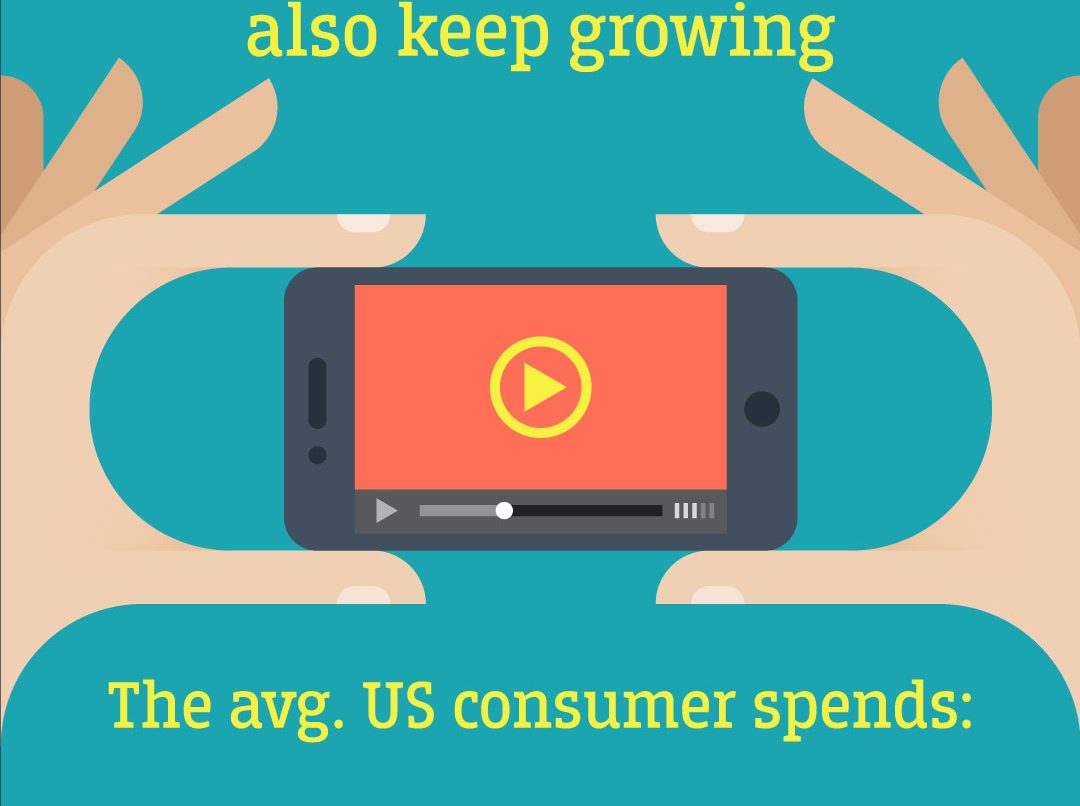Would you buy a plot of land in the metaverse? Would you invest millions of dollars in virtual property? Some people do. In fact, metaverse real estate is booming. But who benefits and how? Could this be an opportunity for brands and advertising agencies? Let’s shed some light on the metaverse.
What’s going on?
Metaverse real estate is booming. As early as 2021, Adidas bought a plot of land in The Sandbox and, in January 2022, Warner Music Group acquired a piece of digital property (an Estate) where they plan to host immersive social music experiences. Snoop Dogg was also selling parcels in the Snoopverse and they were not cheap. Someone paid $450,000 to become the famous rapper’s virtual neighbor.
These are just the most notable examples. From celebrities like Taylor Swift to businesses like JP Morgan – which owns “property” in Decentraland – the rich and powerful seem to be fascinated by the metaverse. This explains why prices are increasing at breakneck speed.
Why is the metaverse so attractive? Apart from being an incredible technological development, the metaverse allows for the coexistence of multiple “realities” at the same time. This implies that some of the things that we cannot do or reach in real life are still possible in the metaverse.
Maybe you can’t physically move next door to Paris Hilton, but can do it virtually. The same could be true for a meeting, a concert or any other life experience. Not able to get tickets for Taylor’s Swift next show? Try in the metaverse!
Time is on our side
The metaverse hasn’t yet been fully developed, which is one reason why now is the perfect time to join it and help shape it. Megabrands such as Louis Vuitton and Coca-Cola are already engaged in this, perhaps driven by the Covid-19 pandemic that saw many people spending more time online in virtual worlds.
Facebook’s metaverse is, in fact, a 3D version of the Internet. This means that people can not only experience the Internet in a new way, but also live differently. The suggestion is that Mark Zuckerberg’s metaverse will bring many new business opportunities, as well as offer the chance for some of the old activities – real estate, for instance – to keep growing.
The metaverse is a multi-trillion-dollar opportunity.
Tim Sweeny
The metaverse for brands and advertising agencies
Brands have the opportunity to engage with customers and fans in a totally different way by establishing new relationships and by crafting new virtual interactive communication strategies. Event and content possibilities will be infinite. Connecting with people will be easier than ever as distances and barriers slowly fade and disappear in the virtual world.
However, we should not forget that real estate in the metaverse is actually space. That means ad space for brands, agencies and marketers in general. The question is now how to buy, sell, and manage that space.
Moreover, would it be cheaper to place a billboard in some regular metaverse street rather than next to LAND or Snoop Dogg’s house, for example? Probably yes.
This opens the door to new advertising possibilities, such as a programmatic approach to virtual OOH or new in-game developments, not to mention creative product placement.
If the Metaverse captures enough attention and in-world advertising gains popularity, buyers will want to use their existing programmatic buying tools. Advertisers would also expect the same verification and validation to occur, regardless of the environment.
Trey Titone, Adtech Explained
Brands, real estate and advertising
As in the physical world, the real estate business is deeply related to branding. No prestigious clothing brand would open a flagship store in an unknown street, right?
In fact, we are seeing how fashion brands in the metaverse are entering the new virtual world and even joining fashion events such as Decentraland’s Fashion Week, changing not only the fashion industry, but also the real estate game.
With land in virtual worlds like Decentraland getting bought up, fashion brands are rethinking their approach to setting up shop in the metaverse.
Zofia Zwiglinska, Glossy
Because the real estate business is not an illusion, but a real business, the relationship between brands and property and businesses in general is as important in the metaverse as in the real world. However, the impact could potentially be different. A show in Warner’s LAND could reach millions of people at the same time and engage them at a very deep level – deeper than on 2D channels – while a physical venue can only hold a limited number of people.
NFTs
The existence of a real estate market in the metaverse has many other consequences, such as virtual NFTs linked to physical buildings or the development of virtual real estate marketing. After all, as in the physical world, this type of business is at the heart of the new -blockchain-based, crypto-economy. That’s why it is not only an activity that will surely be supported by other industries such as marketing and tech, but also, a topic that is already helping publishers increase their revenue.
What it the metaverse?
Metaverse refers to a virtual universe created by Meta, where users get together to interact with each other and the digital environment.
How can I buy land in the metaverse?
You can do it without intermediaries, through third-party resellers such as opensea.io, or through a real estate broker. Although SAND is the currency connected with The Sandbox, and MANA is connected with Decentraland, there are other cryptocurrency options as well. Ethereum is one of the most popular ones.
How much does land in the metaverse cost?
Prices in the metaverse are quickly going up. In the last quarter of 2021, the average cost per transaction was $13,000. In January 2022, it was already $18,000.
What is the cheapest land in the metaverse?
Although Decentraland used to be cheaper than The Sandbox, things have now changed. Buying a plot of land in The Sandbox can still be done for less than 4 ETH, but it’s impossible in Decentraland.










